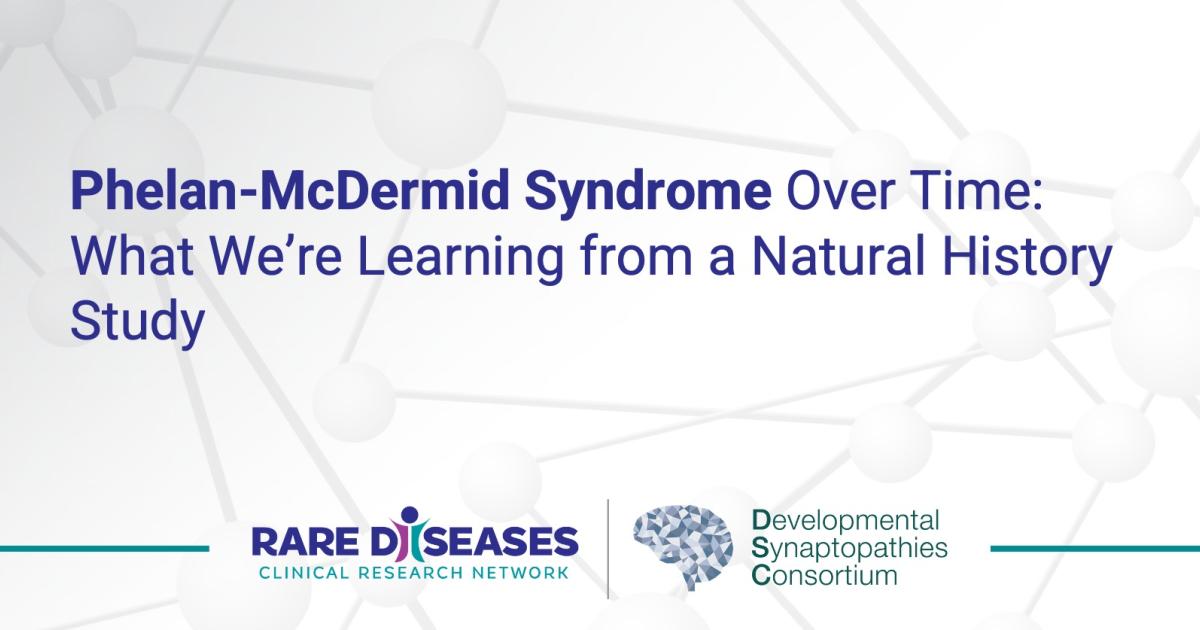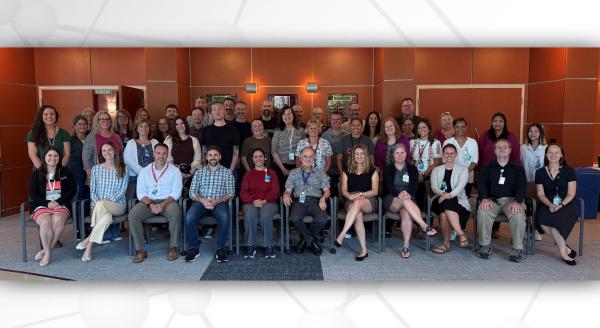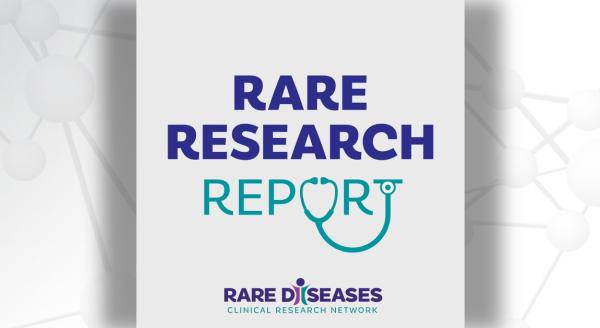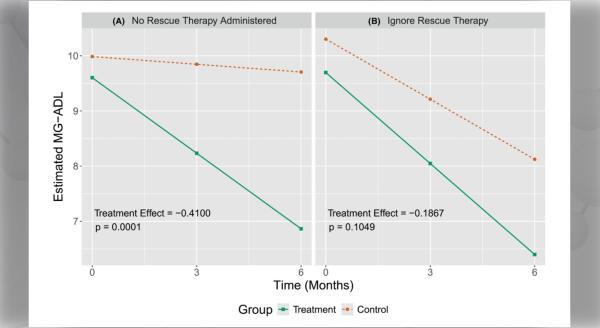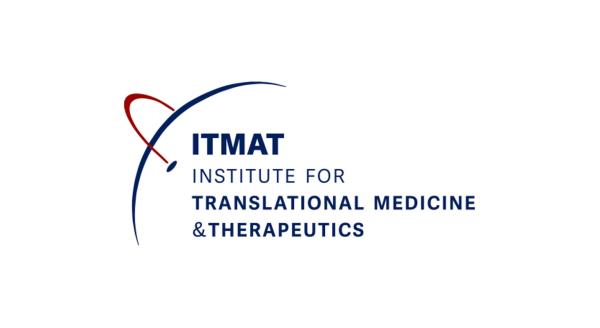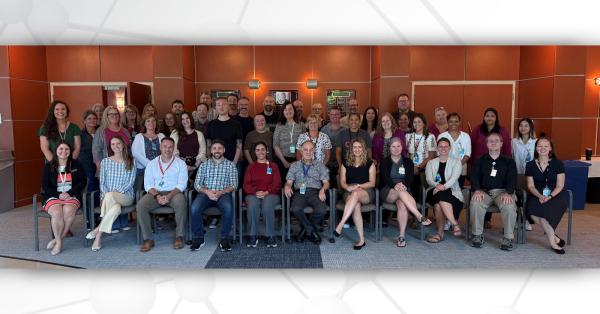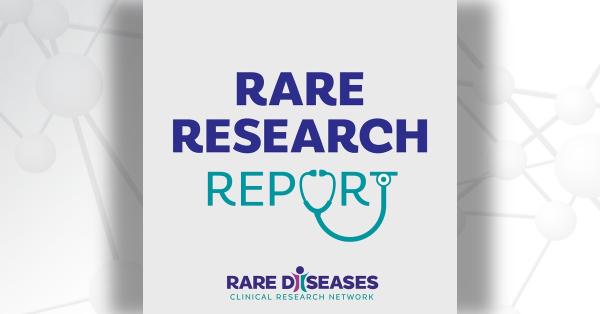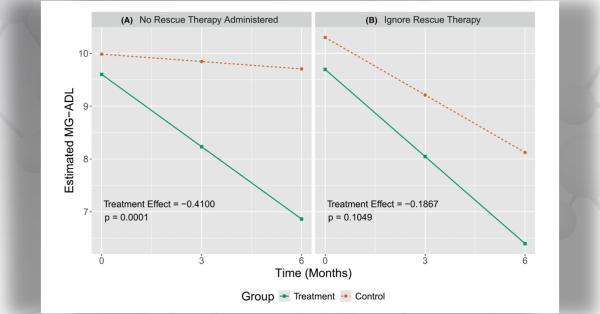Phelan-McDermid syndrome (PMS) is caused by a loss of a piece of chromosome 22 near the end of the chromosome at a location designated q13.3. The symptoms of PMS can vary from person to person, but they typically include low muscle tone, global developmental delay or intellectual disability, motor skills delay, delayed or absent speech, and autism spectrum disorder (ASD).
To learn more about PMS, the Developmental Synaptopathies Consortium (DSC) is conducting a natural history study, “Mapping the Genotype, Phenotype, and Natural History of PMS.” The team is investigating the biology underlying PMS and how it can present differently among individuals, as well as creating the foundation for future treatment studies in PMS and other intellectual disability or ASD-associated disorders that share signaling pathways with PMS.
Here, DSC Principal Investigator Mustafa Sahin, MD, PhD, and Project Manager Rajna Filip-Dhima, MS, share more about the study, while PMS family member Carla D’Imperio shares what it’s like to participate.
What are we learning about PMS from this study?
Dr. Sahin: By conducting this study, we are learning about the features and symptoms of PMS, as well as the different genetic abnormalities involving the SHANK3 gene that cause PMS. Large-scale natural history studies such as ours allow for the collection of a large volume of data from a cohort of affected participants and typically developing controls at several timepoints across the lifespan. This data will ultimately help researchers and clinicians better understand PMS, and it is our goal to contribute to clinical trial readiness now and in the future.
How did you become involved with this study?
D’Imperio: My eight-year-old son Matthew is diagnosed with PMS. I am the Family Support Specialist for the Phelan-McDermid Syndrome Foundation (PMSF), so I heard about the study through my work.
What makes this study unique?
Filip-Dhima: This study is unique as it is the first of its kind studying PMS! Our study’s principal investigators across all five sites are experts in PMS, and using data from this research study, clinicians have developed and published consensus guidelines detailing recommendations for the clinical management of PMS. So, this study is not only advancing research but also improving clinical care guidance as well in this rare condition.
Why did you decide to join the study?
D’Imperio: I share the study enrollment information with our families and I talk about the importance of the study in terms of future understanding of PMS. I decided to enroll Matthew in the study to help with research.
How will this study contribute to clinical trial readiness?
Dr. Sahin: The data collected from this study has and will continue to help researchers and clinicians further understand the genotype (underlying genetic cause[s]) and phenotype (observable traits). In doing so, it is our goal to contribute towards the development of targeted therapeutics for PMS. Thus far, data from our study has been used to support FDA applications for clinical trials.
What excites you about this study?
D’Imperio: It is exciting to think about the potential impact of making connections between the genotype of PMS and the phenotype. It is powerful to realize that the community's involvement is what drives the study forward. We can each make a difference. It is also exciting to work with medical professionals who are experts in PMS, as it is very rare to find a doctor who has even heard of it.
What are the successes and challenges of this study?
Filip-Dhima: A challenge that comes with studies investigating rare disease is the small patient population. That said, creative study recruitment strategies and collaborations with patient advocacy groups are greatly beneficial. Thanks to the PMSF, we have reached families across the whole country through in-person as well as remote participation options.
Overall, the study has been a great success, and we recently met our ongoing study’s enrollment goal! To date, we have enrolled 250 unique participants across the two phases of our research study, and approximately 50 of these participants took part in both the first and second phases. We are so grateful to our participants and their families for contributing to our study!
What has it been like for you and your son to participate in this study?
D’Imperio: It has been a great experience with wonderful professionals. We have enjoyed being a part of the study and working with the team.
How will this study impact patients?
Dr. Sahin: Through participation in our study, patients may connect with resources or care in their local communities or at study sites. Ultimately, we hope this study will contribute towards clinical trial readiness, and in turn, impact the quality of life for PMS patients and their families now and in the future.
How could this study impact Matthew’s life?
D’Imperio: Even the smallest of learnings about a disorder as rare and new as PMS is significant in terms of understanding the disease and potentially working towards developing treatments and cures. It is my hope that the data will contribute to developing future treatments that will improve the lives of individuals with PMS.
What is the status of this study, and what’s next?
Dr. Sahin: Earlier this year, we concluded enrollment in the second phase of our study. Participants who are currently enrolled will continue to be followed for the duration of their longitudinal visits over the next two years. In the future, it is our hope to extend the study into a third phase and continue to collect this important data.
“Mapping the Genotype, Phenotype, and Natural History of PMS” is currently enrolling. Learn more about the study and how to join here.
The Developmental Synaptopathies Consortium (DSC) is part of the Rare Diseases Clinical Research Network (RDCRN), which is funded by the National Institutes of Health (NIH) and led by the National Center for Advancing Translational Sciences (NCATS) through its Division of Rare Diseases Research Innovation (DRDRI). DSC is funded under grant number U54NS092090 as a collaboration between NCATS, the National Institute of Neurological Disorders and Stroke (NINDS), the Eunice Kennedy Shriver National Institute of Child Health and Human Development (NICHD), and the National Institute of Mental Health (NIMH).

